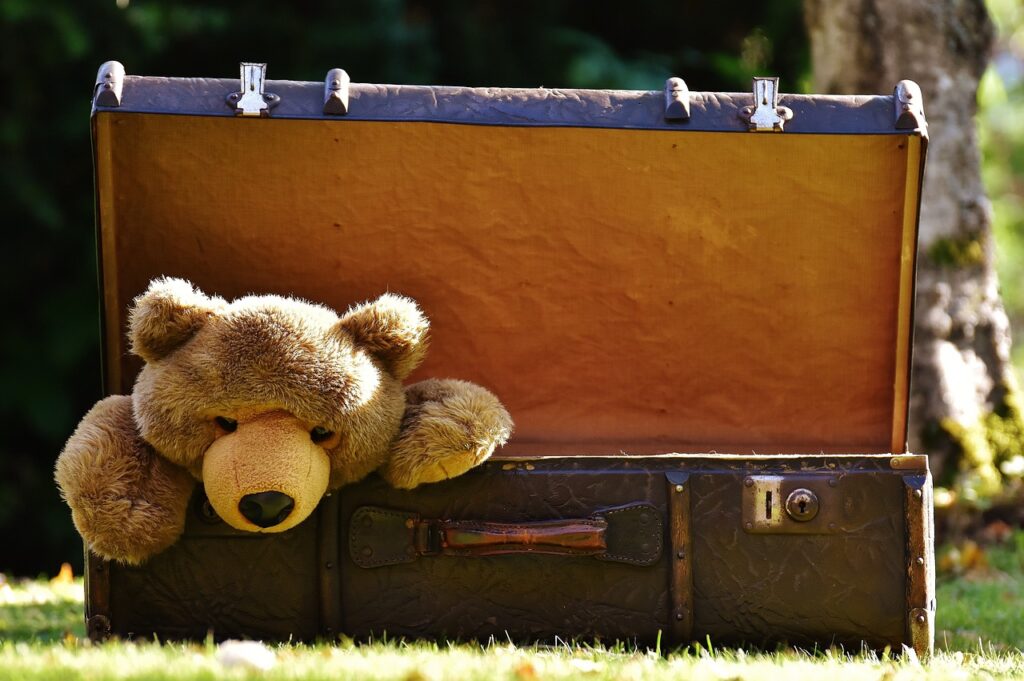
In an interview this morning on CBS Sunday Morning (always a part of my Sunday morning routine before I head off to church), veteran actor Steve Guttenberg told of his harrowing and narrow escape from his Los Angeles-area neighborhood that was hit hard by the Palisades wildfire, leaving desolation in its wake.
Putting himself in danger, Guttenberg stayed in his neighborhood as the fire raged, helping his neighbors and moving cars so emergency vehicles could get through. At the end of the interview, Guttenberg reflects on an image of his neighbors, fleeing the fire with their most important possessions:
“The truth is,” he said, “no matter how big your house is, no matter how much money you have or how expensive your car, at the end of it you’re walking down the street with a little suitcase of a few things you saved, and you’re looking for someone to tell you where to go, right?”
The story, like so many we have heard over the past few weeks, led me to consider the question: What would go in my suitcase if fire (or tornado or rising water) was bearing down on me? There are practical considerations, of course, like important legal documents and maybe some treasured photographs or family heirlooms, things that just can’t be replaced. But beyond those few essentials, what matters?
In the Spiritual Exercises of St. Ignatius Loyola, we are challenged over and over to consider what is most important and valuable to us. In the meditation called “The Two Standards,” we are asked to consider the opposing values of Christ and the evil one by imagining ourselves standing under the “standard,” or the “banner” of Christ, on a wide medieval plain that also holds the banner of evil. We are asked to consider where we would stand. Now that might seem like an easy call for a person of faith. We’re going with Christ, right? Simple decision.
But it’s more difficult and complex than that. For the enemy doesn’t say, “come stand with me over here on the side of evil.” Rather, he says, “come stand with me over here, under the banner of wealth, comfort, honor and esteem.” That’s a lot more attractive, and the allure of those things can lead us into the realm of pride. It’s a way of living, writes my friend Fr. Joe Tetlow, SJ, that eventually leads us to acclaim: “Look at all the stuff I have! Look at me with all this stuff! Look at me!”
Christ asks us to take the opposite approach in this meditation — he calls us to embrace a poverty of spirit, a self-giving and dignified humility,” says Fr. Kevin O’Brien is his version of the Spiritual Exercises titled “The Ignatian Adventure.” The gentle Christ wants only what is best and life-giving for us. He wants to liberate us from our stuff so we can love and serve God and all those around us. For if we’re holding on to our stuff so tightly that we can’t open our hands, there’s no way we can help others.
Material wealth and comfort are not evil in themselves, of course. But when all of our focus, passion and time is given over to them, something is out of whack. We need to question our motives and our priorities. We need to ask, as O’Brien suggests (and I paraphrase):
- Am I generous with what I have?
- Do my wealth, comfort and possessions get in the way of other priorities?
- How attached am I to my stuff?
- How does my stuff define me?
Or maybe we should ask: At the end of the day, when the fires rage or the water rises: What’s in my suitcase?
